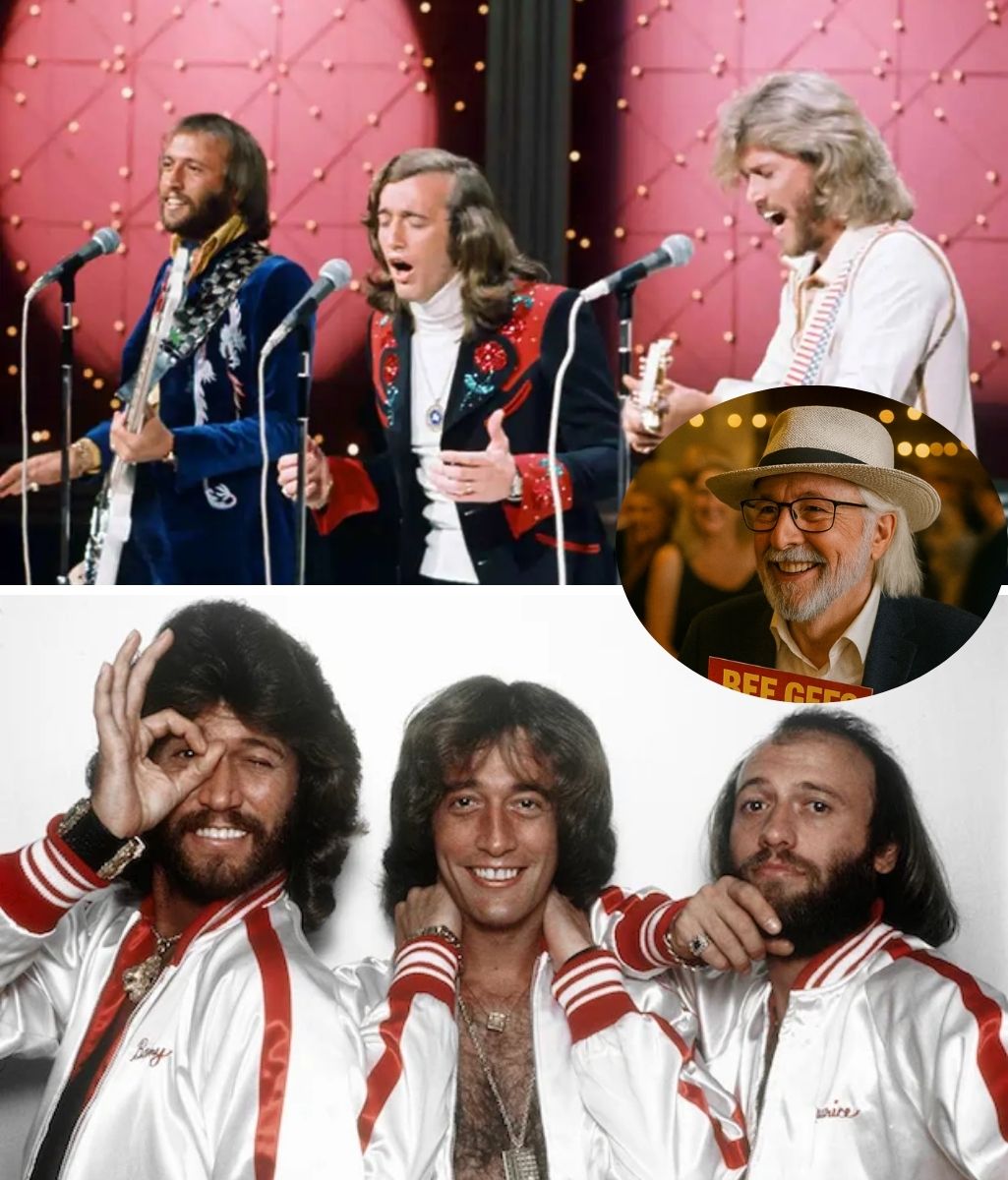
LEGENDARY REVEAL: The Bee Gees — Brothers Who Transformed Pop and Created the Timeless Soundtrack of the Disco Era
Few names in music history evoke the same mix of admiration, nostalgia, and rhythm as the Bee Gees. Born as three brothers from the Isle of Man — Barry, Robin, and Maurice Gibb — their journey took them from modest beginnings to global superstardom, where their harmonies defined not only a generation but an entire era of popular music.
From Modest Roots to Global Fame
The Bee Gees began as young boys harmonizing on street corners in Manchester before moving to Australia in the late 1950s. There, their talent caught the attention of local producers, eventually leading to their return to England in the 1960s and their breakthrough as chart-topping artists. Early hits like “Massachusetts” and “To Love Somebody” showcased their ability to blend soulful lyrics with haunting harmonies.
The Disco Revolution
But it was the 1970s that cemented the Bee Gees’ legendary status. Their work on the Saturday Night Fever soundtrack (1977) didn’t just top charts — it reshaped music history. Songs like “Stayin’ Alive,” “Night Fever,” and “How Deep Is Your Love” became anthems of the disco era, transforming dance floors across the world. Their falsetto-driven sound became instantly recognizable, influencing countless artists and keeping disco alive long after its so-called decline.
The brothers were more than just performers; they were prolific songwriters. Beyond their own catalog, they penned hits for Diana Ross (“Chain Reaction”), Barbra Streisand (“Woman in Love”), and Dolly Parton & Kenny Rogers (“Islands in the Stream”), proving their musical genius extended far beyond the dance floor.
Brotherhood and Resilience
The Bee Gees’ story was not without its challenges. The weight of fame, personal struggles, and the turbulence of changing musical tastes tested their unity. Yet, through it all, their bond as brothers gave their music authenticity and emotional depth.
The loss of Maurice in 2003 and Robin in 2012 left Barry Gibb as the sole surviving member, a role he has carried with dignity and heartbreak. His performances in recent years often double as tributes, reminding audiences that while the brothers are no longer together, their voices remain eternal in song.
A Legacy That Still Burns Bright
Decades later, the Bee Gees’ music continues to resonate — streamed by new generations, remixed into modern tracks, and featured in films and musicals like “Saturday Night Fever” and “Jersey Boys.” Their harmonies, filled with both joy and yearning, embody a timeless quality that transcends trends.
The Bee Gees didn’t just ride the wave of disco; they became its heartbeat. And beyond the glitter and dance, they left behind songs of love, loss, and resilience that continue to define the universal human experience.
“We wanted to write songs that people would never forget,” Barry once said. “And I think, somehow, we did.”